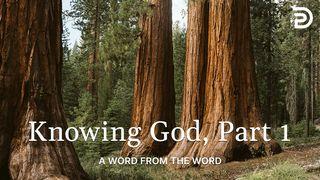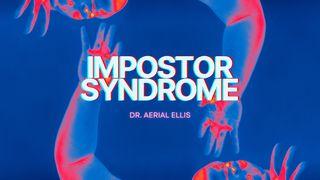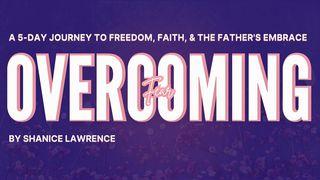Heavy Theology | The Hardest Concepts in Christian ThoughtSample

“Boldness has genius, power, and magic in it.”
When you get to this point in the journey of thinking through what kind of God we mean when we say, “God” — which is not a proper noun so much as a statement of a transcendental reality whose proper nouns are “Father, Spirit, Son” — you start to see how previous attributes intersect to create new ones.
For instance, if you combined the mind and will of God — his volition and intellect — you get not simply his wisdom and goodness, but his power to make those things come about which we describe as omnipotence, holiness, justice, blessedness. Many of those explain themselves, but the one that needs some additional time?
Providence.
Providence is Divine plot — the order to which all things submit.
The “end goal” of God — what’s called the final cause in philosophy, the point and purpose and common end of every contingent thing — happens through providence, that intersection of Divine Mind and Divine Will. The existence of providence follows first from the idea that God created all things and also that both order and purpose — both design and intent — mark any willful action taken by any intelligent creator, let alone the Supreme Creator and pantokrator.
Special revelation insists on this: that God governs in providence, that God tends to the lillies of the field and the birds of the air, and to ration creatures such as the angels and ourselves, God extends temporal and special favor, deferring to the efficacy He installed in prayer, and yet refusing to interfere with secondary causes. Most often, God works through secondary causes and therefore though we ask we should not demand miracles in prayer.
Predestination and reprobation occupy provinces within the providence of God. Predestination describes God’s knowing who will in effect be saved. Reprobation describes God’s knowing who will in effect be damned. Therefore predestination shows harmony between God’s antecedent will (that they should be saved) and God’s consequent will (that they are saved), whereas reprobation shows dissonance: God wills antecedently that a sinner should be saved but as a consequence of their choices, they are damned.
About this Plan

This plan will dive headlong into the deep thoughts that have inspired Christians for centuries. We'll get at the assumptions behind the creeds and delve into territory unexplored by most Christians.
More
| We would like to thank Garden City for providing this plan. For more information, please visit: http://www.gardencityproject.com |
Related Plans

Ruth: A Redeemer Who Fills All Emptiness | Video Devotional

From Need to Maturity

A Word From the Word - Knowing God, Part 1

Imposter Syndrome: You Are Who God Says You Are

Overcoming Fear: A 5-Day Journey to Freedom, Faith, and the Father’s Embrace

Parenting Through God’s Lens: Seeing Your Child the Way God Does

An Encounter With Jesus

Rest for the Soul: 8 Days With Jesus

The Generosity Practice
